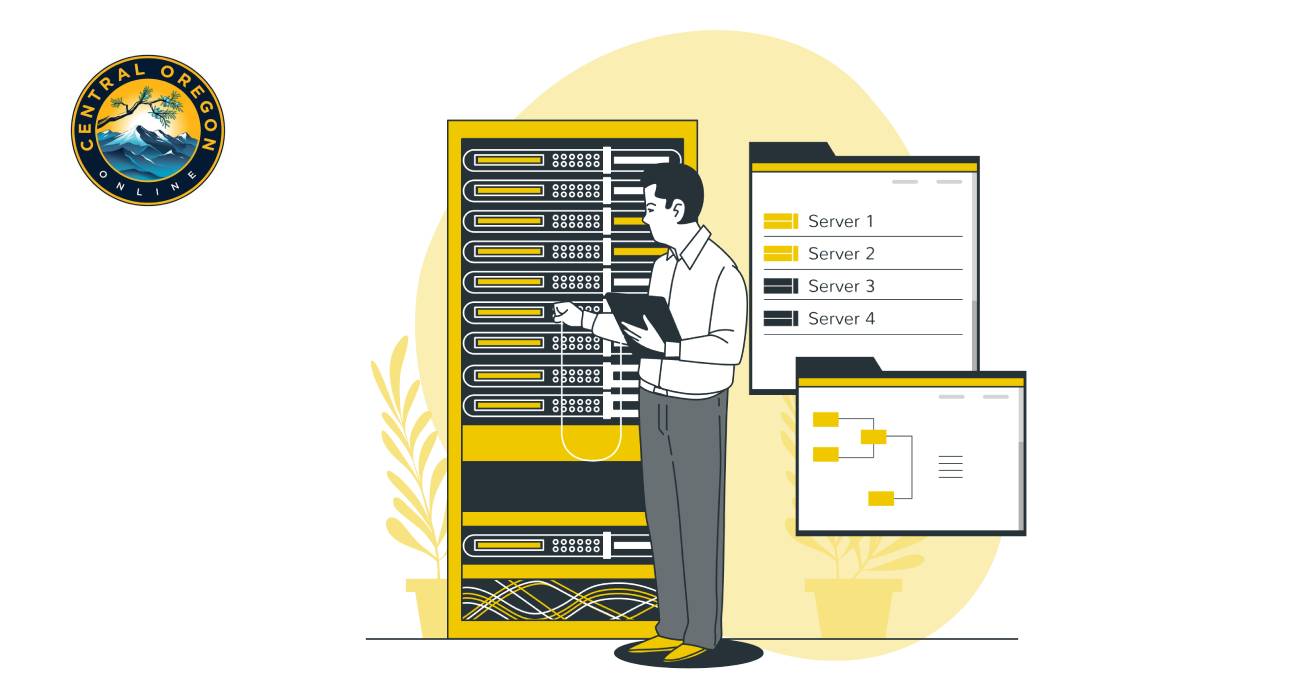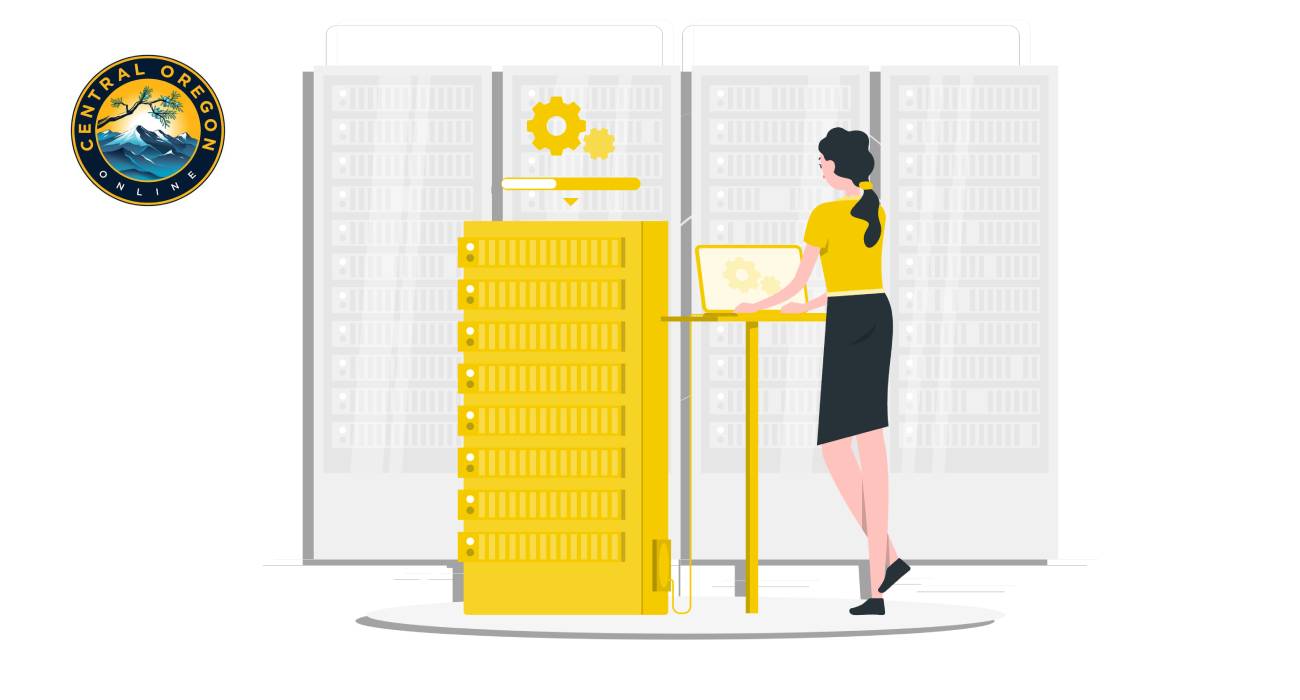
Everything You Need To Know About Web Hosting Redmond OR
Web hosting redmond OR may be one of the most”not-so”appreciated aspects of the World Wide Web. All the things you enjoy about the Internet such as social media, Netflix,streaming music– resides on a server in which a person or company compensates to maintain operating and ensuring that you can connect to it flawlessly. Web hosting is an unseen yet important aspect of the online experience.
If you’re thinking about, say, releasing a website, there are numerous standard web hosting elements that you ought to be informed just before launching the project. Even though it’s fairly simple to register and make use of a service provider’s website-building software program to quickly produce an eye-catching, operational front end, there are a bunch of relevant terminologies and principles to immerse your mind around. As you’ll quickly see, a few of it is complicated, if not straight-out inconsistent. Here’s what you need to learn about web hosting before setting up an account.
The Huge Distinction among Hosting Types
If you’ve invested any amount of your time on a web host’s website, you’ve most likely found words such as shared, VPS, dedicated, and cloud. They denote the various web hosting types, but not each web host provides them all. Additionally, the hosting types vary from each other in considerable approaches.
Almost every web host provides shared hosting, the most affordable type of web hosting. Using shared hosting, your site shares the server’s useful resources with several other websites. If you wish to maintain your budget small and don’t anticipate much web traffic, shared hosting is the means to go. You are required to pay lower than $10 per month for this particular form of web hosting. This type of hosting is well suited for small websites that don’t require a substantial volume of bandwidth, however, considering that you’re sharing resources along with other websites, you should be readied for the irregular stagnation as one of your site-mates begin drawing in a bunch of visitors.
Bigger companies who anticipate huge traffic to their sites must choose VPS or dedicated hosting, both provide considerably highly effective server specifications. VPS hosting resembles a high-powered type of shared hosting. VPS hosting costs greater than shared hosting, but you ought to pay lower than $100 monthly.
Dedicated hosting places your site on a server all on its own, so it can take advantage of a server’s total power. This is the most pricey kind of hosting; you may wind up spending $100 each month or even more for this raw power.
Reseller hosting allows you to begin your very own branded web hosting company without fretting about constructing the facilities from scratch. WordPress hosting allows you to develop a website in a surrounding that accommodates the world’s most prominent content management solution. Lastly, cloud hosting. That’s a completely varied powerful type of hosting that lets you quickly level website power throughout various servers, though not each web host provides it. However. The costs for these hosting tiers abound, so looking around is vital.
Bandwidth VS. Data Transfer
” Bandwidth” and “data transfer” are often used reciprocally to specify the volume of data that your website provides to site visitors, but the terminologies, practically, do not have the same meanings.
Bandwidth stands for the complete quantity of data that can be transmitted at once, whilst data transfer is the throughput or the actual volume of relevant information that could be used over a provided amount of time– generally a month. Consider it this way: a web host may provide a maximum of 5GB bandwidth, however counting on your hosting plan, your site may merely permit 1GB of data transfers each month.
Note: If your site surpasses its allocated monthly data transfers, a web host may slow down your site’s data transfer performances or demand additional charge as a fine. It may even trigger you to upgrade to a much higher web hosting tier. It’s great to recognize your site’s data restrictions just before you encounter predicaments such as this.
Limitless Isn’t Actually Limitless
Web hosting provider data center will attract you to register for their web hosting plans by alluring you with the assurance of limitless storage or monthly data transfers. It’s typically not a fully honest offer. Now, I won’t say that these web hosts are straight-up lying, but the “limitless” storage or data transfers flaunts almost constantly have drawbacks that differ by company. It’s much like the bottomless meat buffet: At some point, a restaurant is going to cut you off, if they don’t merely not having enough meat first.
Limitless storage and data transfers are generally connected with shared or WordPress plans, and they allow you to cut loose … in limits. If your blog site gets a stable flow of acceptable traffic (whatever that may mean!), you’ll find yourself in good status. Nevertheless, you must not assume to upload or stream 50TB of data each day. The typical person isn’t doing that is likely meddling some suspicious actions.
You must seek web host’s terms of service, or a customer support agent, to find out precisely what you can and can not do throughout the range of your plan’s unlimited offering.
Which is better SSD or HDD?
If you’re seeking to register for shared web hosting, you’ll most likely get allocated on a standard hard disk drive (HDD) server. The benefit of an HDD-based server is that it can provide huge storage amounts on the low-cost. As you advance the hosting scale to more dynamic services, like VPS and dedicated, web hosts will provide you the possibility to develop a website on a solid-state drive (SSD).
SSD-based web servers are lightning-fast storage space units. SSD systems are still quite expensive, so your SSD-based servers generally bring much smaller storage overalls than HDDs. You’ll seldom find 1TB SSD servers, which is a quantity that’s prevalent in the HDD field.
The SSD vs. HDD discussion is a lengthy one that goes well beyond the scope of this article. I recommend reading Tom Brant’s excellent SSD vs HDD: What’s the Difference?
Linux Operating System
Almost every web hosting company data center presents Linux as the operating system that provides power to its servers. I don’t think I’ve reviewed a web host that lacked the free, open-source OS. Even if you aren’t knowledgeable about Linux, you don’t require to do any exclusive focus on the back end to develop a website. Website builders create developing websites a piece of cake.
That being said, if your website requires the ASP or ASP.NET scripting structures, you’ll require to operate with the Windows Server OS. That’s since the script your compose and webpages your generate will only work in a Windows-based environment.
CATEGORY:Blog




